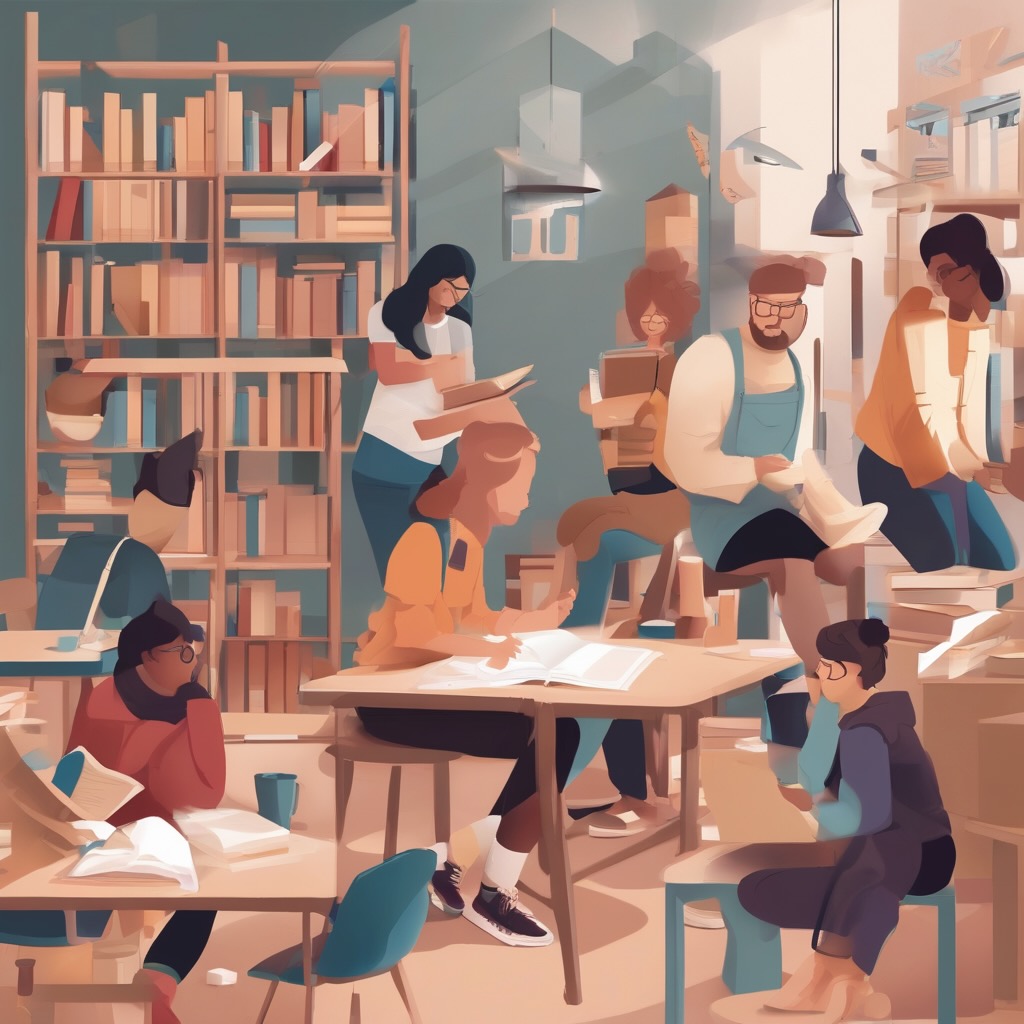Curricula of the Future: What Do We Teach When There’s Nothing Left to Prove?
Inspired by Carvalho, Iglesias & Ivanov
In the 1950s, a group of children at a small school in northern Italy were given a curious kind of assignment. They were not taught arithmetic to prepare for bookkeeping or geography to pass an exam. Instead, they were asked to build a town. Not a real one, of course—just a model. Streets, parks, houses, schools, markets. And in building this imaginary world, they made decisions: who would live where, how laws would be made, what problems might arise. The experiment had nothing to do with jobs and everything to do with being human.
This, in miniature, is the vision laid out in Education 2070: A Conceptual Framework, a thought experiment in future learning by Inês Carvalho, Montserrat Iglesias, and Stanislav Ivanov. Their focus is not just how we teach, or even what we teach—but why we teach in a world where traditional work may no longer exist.
A Curriculum without Capitalism
We tend to assume that the curriculum follows the economy. The Industrial Age brought us the three R’s: reading, writing, and arithmetic. The Information Age emphasised STEM. But what happens when automation decouples productivity from people? When AI handles not just repetitive labour but also cognitive tasks—diagnosing disease, designing algorithms, composing music?
That’s the world Carvalho and her colleagues ask us to imagine. In this post-work society, they suggest, the role of education undergoes a significant transformation. It no longer prepares people for jobs. It prepares them for life without jobs.
This shift, subtle in wording but seismic in implication, leads to a different kind of curriculum—one that teaches not utility, but wisdom.
What Wisdom Looks Like
Wisdom is an old-fashioned word. We associate it with sages and grandmothers, not syllabi. But in this vision of 2070, it becomes the organising principle of education.
The authors invoke Gert Biesta’s call for “subjectification”—the process of becoming someone, not something. They echo Martha Nussbaum’s argument that democratic societies require citizens who can reason ethically, feel empathetically, and think critically.
So what does a wisdom-based curriculum look like? It might include philosophy in preschool. Debating AI ethics in high school. Writing poetry about climate change in science class. It’s less about acquiring knowledge and more about learning how to ask the right questions—especially when machines are ready to offer all the answers.
Learning to Live with Machines
There’s another layer to this future: the presence of artificial intelligence not just as a subject, but as a partner.
In the classroom of 2070, students may co-write essays with GPT-16. They might ask AI to simulate historical debates, or run virtual labs in space biology. The skill, then, is not memorization—but navigation. When do you trust the algorithm? When do you override it? When is it wrong?
The curriculum, the authors argue, must develop what they call AI literacy—not the ability to code, but the ability to critique. To know that every data model carries a worldview. That algorithms can be biased, just as books can be banned. And that our responsibility is not to surrender to automation, but to shape it.
In that sense, students are not just learners. They are future regulators, ethicists, and mediators of a machine-enhanced society.
The Fragile Future
But what if the machines fail?
It’s not something futurists like to talk about. But Education 2070 does. The authors ask: what happens when the grid goes down? A solar flare, a cyberattack, an international embargo on semiconductors—what then?
The answer is startling: part of the future curriculum must be retrospective. Students will learn not just how to live with AI, but how to live without it. They must know how to build a shelter, purify water, deliver a baby, run a democracy. Just in case.
It’s a kind of digital ark, storing the blueprints of human civilisation not because we don’t trust progress, but because we understand its limits.
From Schooling to Culture
All of this leads to a broader redefinition of curriculum—not just as a set of learning outcomes, but as a way of cultivating culture.
Without economic necessity as a driver, the authors imagine education fostering the pursuit of leisure, serious leisure. Hobbies become disciplines. Hacking becomes civic engagement. Storytelling becomes intergenerational knowledge transfer. In this future, students don’t just study to succeed. They study to belong, to contribute, and to wonder.
And in a beautifully radical twist, the curriculum becomes an opportunity to decolonize. If knowledge is no longer measured by economic utility, then all forms of knowledge—indigenous, artistic, embodied—are newly valid.
What Should We Do Now?
This is where theory meets practice. For teachers today, this vision may feel far-off. But as the authors suggest, curriculum is always the long game. What we teach now shapes what students value 30 years from now.
So what can be done?
- Start treating so-called soft skills as core competencies. Listening. Empathizing. Reflecting.
- Introduce AI tools—but alongside philosophical inquiry. Not just how they work, but how they shape us.
- Make room for slowness, ambiguity, and awe in a system obsessed with benchmarks.
The point isn’t to prepare students for a job market that may not exist. It’s to prepare them for a world where the measure of value isn’t output, but outlook.
Who Do We Become When We No Longer Have to Be Useful?
That is the quiet question beneath Education 2070. It’s not just about machines, or curriculum theory, or social forecasting. It’s a question of identity.
In the end, the purpose of education may no longer be to make people functional—but to make them whole. Capable of love, of critique, of beauty. Able to build a world not because they must—but because they can.

